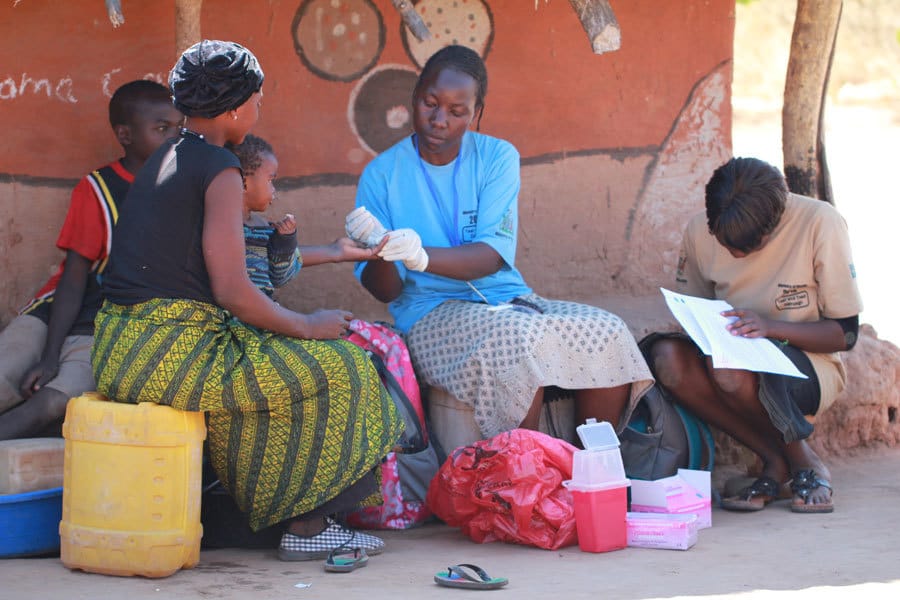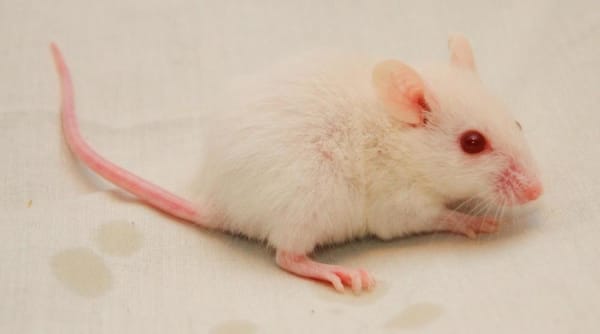Releasing a vaccination for Malaria
Lauren Hoskin discusses advancements in finding a vaccine for Malaria

Results released on the October 8th revealed that scientists are making promising progress in the development of an effective malaria vaccine called RTS,S. The vaccine could potentially save millions of lives as it aims to combat one of the world’s deadliest diseases. This mosquito-borne disease kills approximately 660,000 people a year, mostly children, and almost all in Africa. The nature of malaria makes it extremely hard to vaccinate against: it is caused by protozoal parasites,which are considerably larger and more complex than bacteria and viruses. These unwieldy organisms are capable of wearing a number of different protein coats to disguise themselves from the immune system, making them exceptionally difficult to detect. It is thus essential for the vaccine to protect against something permanent on the surface of the parasite. The imminent vaccine aims to defend against Plasmodium falciparum, currently the deadliest strain of malarial parasite. P. falciparum, which like many other protozoal parasites, follows a specific lifestyle once inside the body. Injected through the bite of a female anopheles mosquito, the parasite enters the bloodstream and is carried straight to the liver to infect liver cells. At this stage of its lifecycle it is called a sporozoite and expresses a surface protein called a circumsporozoite. Researchers are using this circumsporozoite molecule to act as part of the immunization. It will be this molecule that the immune cells become sensitive to and seek to destroy when next detected within the body. Unfortunately for researchers, circumsporozoites alone are not enough to provoke a sufficient immune response. They must be combined with another antigen to do so. The vaccine in question creates a hybrid of circumsporozoite antigens with Hepatitis B surface antigens and an additional immune booster. It is this combination that prompts the necessary immune reaction. Trials so far have been promising. The recently released results indicated that young children (aged 5-17 months at the beginning of the trial) experienced 46% fewer cases of malaria than those immunised with a control vaccine. Infants (aged 6-12 weeks at the beginning of the trial) were reported to experience 27% fewer cases of malaria. Initially designed in 1987, it has been a long time in the making. It is hoped that it will be available for use by 2016. Whilst not providing complete protection, the sheer number of people suffering and dying from malaria worldwide, estimated at over 300 million cases, means this is a huge step forward.







